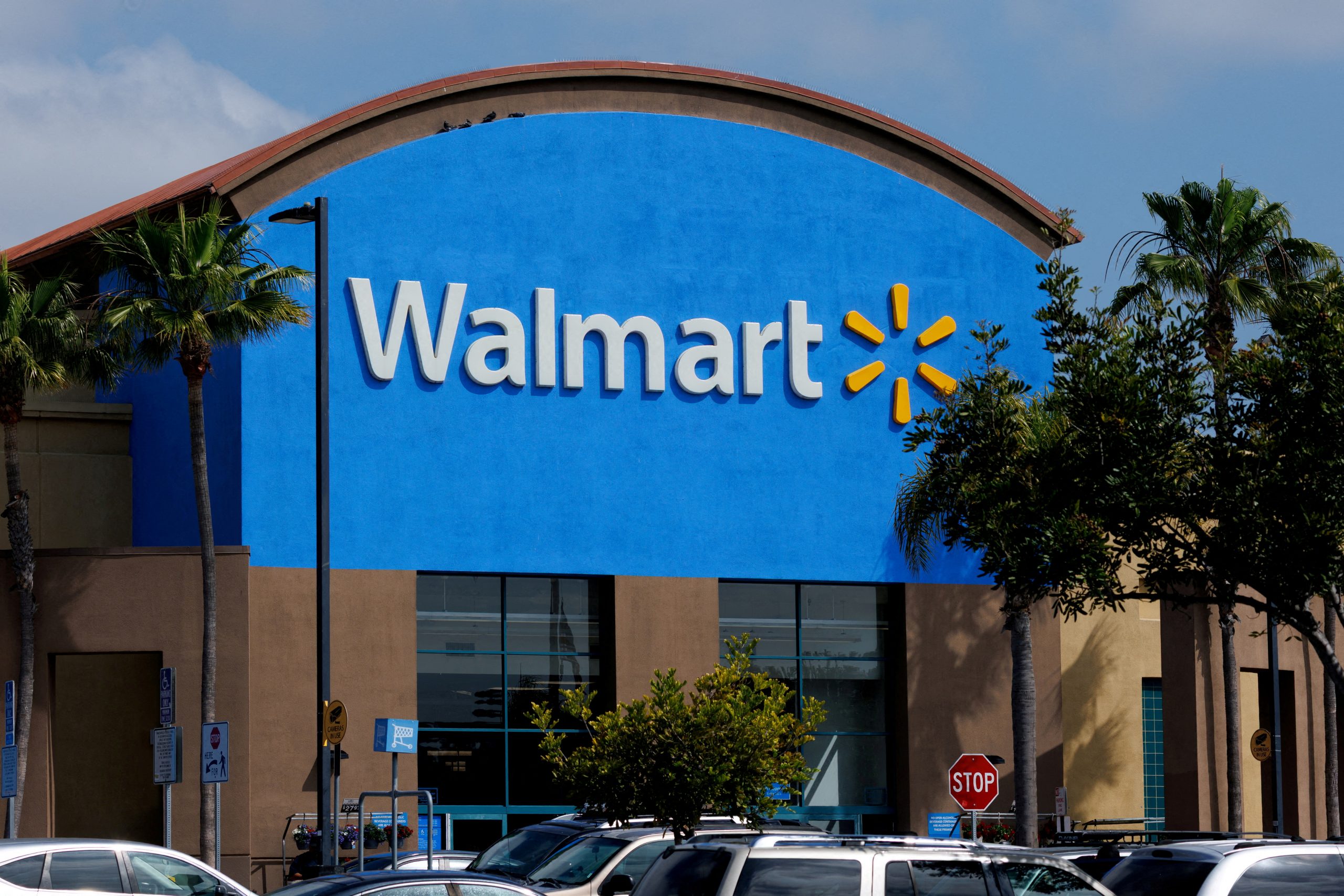
Approval Process Too Loose — At Least 43 Fake Businesses Identified
Counterfeit Supplements and Cosmetics Raise Health Concerns, Erode Consumer Trust
Walmart, the nation’s largest retailer, has enjoyed rapid growth in e-commerce in recent years. But behind the success lies a deepening controversy: counterfeit products circulating openly on its online marketplace.
A CNBC investigation found that fake dietary supplements and cosmetics are being sold under Walmart’s platform. One California shopper, Mary May, said she bought the brain-health supplement Neuriva at a discounted price this spring on Walmart.com, only to discover that the label was misspelled and the product was counterfeit. “I thought I could trust Walmart, so this was a shock,” May told CNBC.
Marketplace Flooded With Fake Sellers
Since 2019, the number of third-party sellers on Walmart’s marketplace has surged more than 900%. This growth coincided with Amazon tightening its seller regulations, while Walmart lowered barriers to entry under an “open platform” strategy.
A former Walmart employee told CNBC that “approvals were basically automatic. Even when problems were obvious, it was difficult to reject sellers.”
CNBC tracked at least 43 fraudulent vendors who gained entry using stolen business registrations — from small pizza shops to the names of publicly traded corporations. For consumers, distinguishing genuine products from counterfeits has become nearly impossible.
Health Risks and Brand Damage
The danger is especially acute with categories like supplements and cosmetics, where counterfeit items can pose direct health risks. Bob Barchiesi, president of the International AntiCounterfeiting Coalition (IACC), warned: “If Walmart stresses trust in its physical stores but allows counterfeits online, consumer confusion is inevitable.”
Adding to the problem, many shoppers mistakenly believe they are purchasing directly from Walmart itself, not third-party sellers. This misperception collides with Walmart’s long-cultivated reputation for trust built through its brick-and-mortar presence.
Walmart Pledges Action, Critics Say Measures Fall Short
Walmart said it enforces a “zero-tolerance” policy for counterfeit goods and has expanded its use of AI monitoring, restricted certain categories of sellers, and joined the IACC advisory board. It also announced stricter reviews for health and beauty products.
Yet experts say the company’s measures fall short compared with Amazon’s tougher protocols — which include mandatory video interviews, multi-address verification, and submission of multiple invoices.
“The easiest way is to block fake sellers at the door with rigorous vetting,” Barchiesi said. “Once they’re in, the damage ultimately falls on consumers.”
Industry analysts argue that Walmart’s long-term credibility and competitiveness will depend on how effectively it balances rapid marketplace growth with stronger consumer protections in the coming years.



